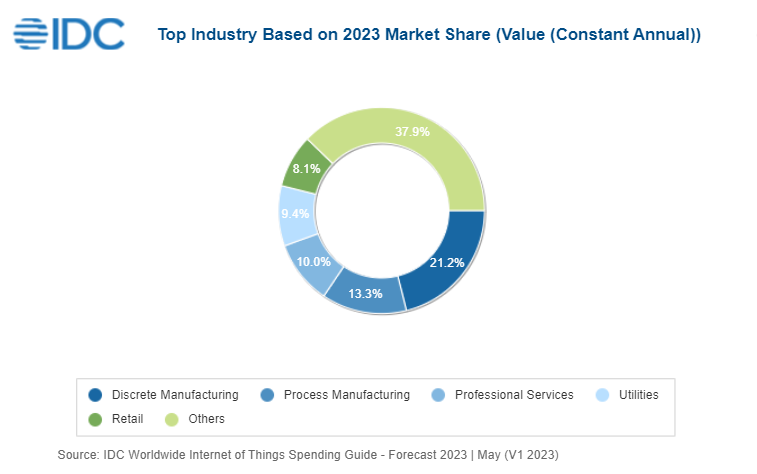This week’s podcast tackles Kevin’s real-world experience with the Google Pixel tablet and speaker dock. He liked the tablet, but as a smart home accessory it’s lacking, which is what we had originally anticipated. But it’s still a bummer, because I want a good Google Home display option as Google deprecates third-party Google Home display devices. Then we talk about a couple smart energy products including Dracula Technologies’ new energy harvesting technology that can “suck” even more power from sunlight, Savant’s new energy storage device for homes, and a smart plug from EcoFlow that connects to Kevin’s existing rechargeable battery. The industrial internet of things gets a mention thanks to IDC putting out a new report estimating that total spending on IIoT will be $1 trillion in 2026. Get on it. We then get a bit random, discussing smart water filtration stations, and what Broadcom’s new Wi-Fi 7 chips means for Wi-Fi and for smartphones, before hitting a Thread-enabled dev kit using an ESP32 and Philips Hue bulbs getting a feature tweak. We close the news segment by answering a listener question about connecting Zigbee bulbs between IKEA’s and Home Assistant’s platforms.

This week’s guest is Ran Roth, CEO and co-founder of Sensibo, a maker of smart HVAC controllers. The add-on devices connect to window units, mini splits and other A/C and heating units that use IR controllers. We talk about smart energy and the road the company has taken since its founding in 2014. But most of our conversation focuses on how Sensibo is using ChatGPT to improve the user experience with its devices. Roth also hints at other potential use cases for ChatGPT that are less intuitive, and explains how he thinks the availability of large language models will help companies that have access to them use their data more easily. He likens it to the shift that Amazon’s cloud computing had on innovation after AWS launched cloud computing (EC2) in 2006. He then talks about what he’s learned so far and the concerns people have around AI and privacy. It’s a good show.
Hosts: Stacey Higginbotham and Kevin Tofel
Guest: Ran Roth, CEO and co-founder of Sensibo
Sponsors: Blynk and Particle
- As expected, Google’s Pixel tablet isn’t a major improvement for the smart home
- Better energy harvesting from Dracula sucks more power from light
- Broadcom’s chips could lead to smartphones with Zigbee or Thread
- How Sensibo is using ChatGPT to parse a lot of data
- What Sensibo has learned about using generative AI
Podcast: Play in new window | Download | Embed
Subscribe: RSS

